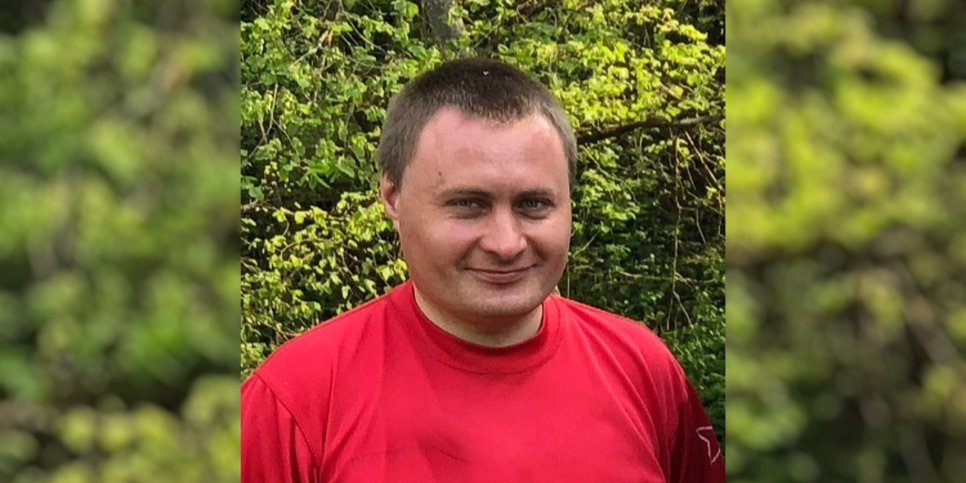Photo: Ruslan Korolev
Photo: Ruslan Korolev
The believer was released under house arrest after 112 days in a Smolensk pre-trial detention center
Smolensk RegionOn August 14, 2019, a resident of Smolensk, Ruslan Korolev, was released from the pre-trial detention center, where he spent almost four months. Now the believer will be under house arrest, but three more men and two women remain imprisoned in the Smolensk pre-trial detention center.
Ruslan Korolev, 37, was arrested on April 25, 2019, along with two other citizens. Before that, according to the already familiar scenario, searches were carried out in the houses of believers, and the security forces themselves were taken for interrogation to the Investigative Department of the FSB, from where they never left, having gone to jail.
A few days later, Yevgeny Deshko, the fourth suspect in this criminal case, was detained in Dagomys (Krasnodar Territory). All these civilians are accused of "extremist activities." The case is being investigated by the FSB of Russia in the Smolensk region.
Two women are also being held in the Smolensk pre-trial detention center on similar charges: Tatyana Galkevich and Valentina Vladimirova, both of retirement age, and before them, Maria Troshina and Natalia Sorokina spent more than six months behind bars.
Peaceful believers across the country continue to face criminal prosecution and real prison terms. This is happening despite the protests of international organizations such as the European Union's foreign policy service, observers of the Parliamentary Assembly of the Council of Europe, and the Office of the UN High Commissioner for Human Rights . In Russia itself, the absurdity of accusations against Jehovah's Witnesses is recognized by public figures and even Russian President Vladimir Putin. The Russian government has repeatedly stated that the decisions of the Russian courts on the liquidation and prohibition of organizations of Jehovah's Witnesses "do not assess the doctrine of Jehovah's Witnesses, do not contain a restriction or prohibition to practice the above teachings individually."




